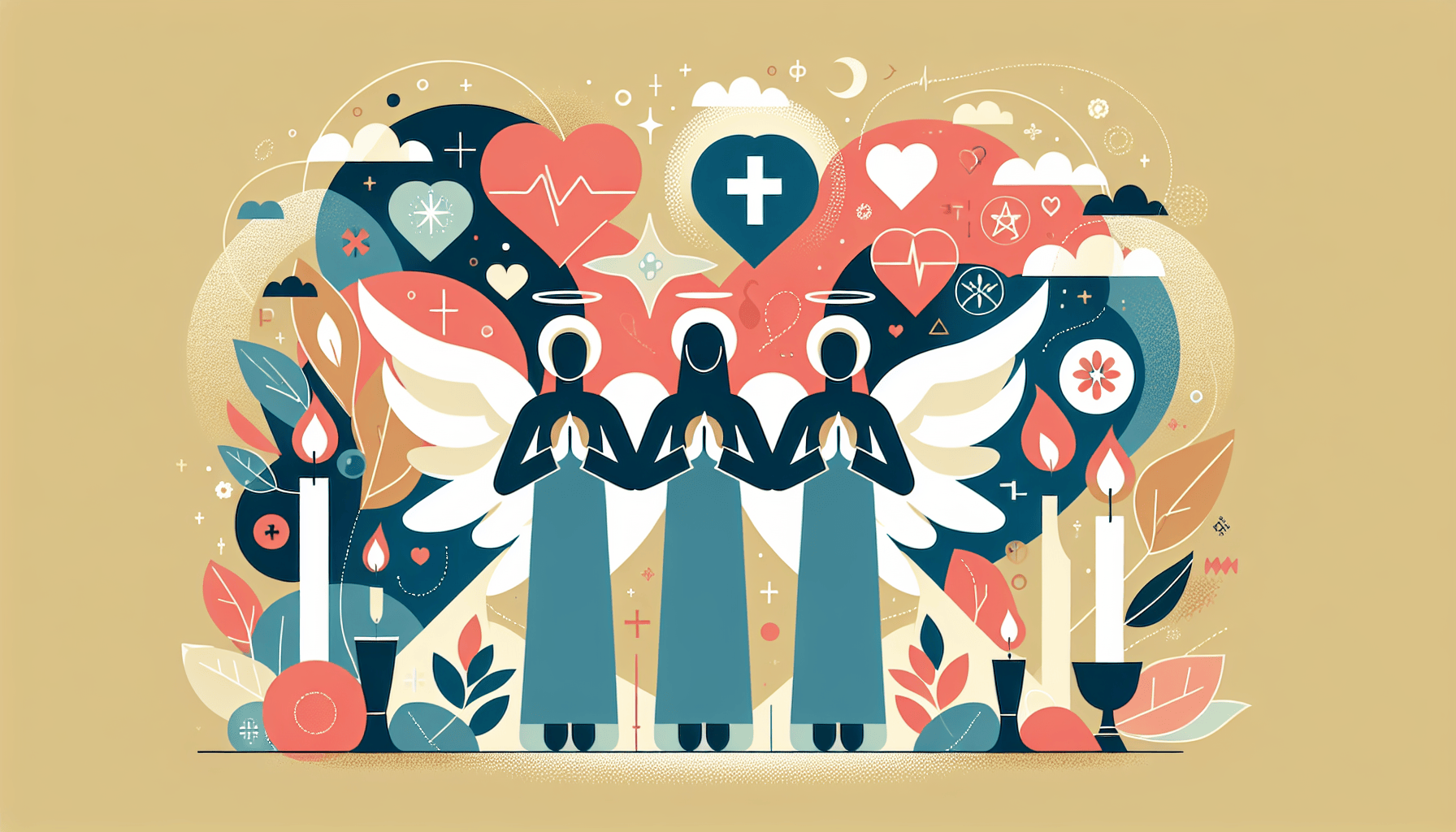Did you know that your spiritual and religious practices could have a big impact on your mental and physical health? A growing body of scientific evidence shows that activities like praying, meditating, attending services, and helping others can lead to profound health benefits.
Spirituality, Religion, and Mental Health
Research has found that people with higher levels of spirituality and religiousness tend to have:
Lower levels of depression and suicide
Less substance abuse
More resilience after stressful events
A greater sense of meaning and purpose
Brain scans even show that certain regions linked to emotion, insight, and transcendence light up when people have spiritual experiences. Consistent spiritual practice seems to be the key to reaping the mental health benefits.
Connecting to Something Greater Than Yourself
Your spirituality doesn't have to be part of an organized religion. It can be a personal connection to a higher power, the universe, nature, art, or humanity. The mental health benefits come from feeling part of something greater than yourself.
You can nurture your spirituality through practices like:
Expressing gratitude
Showing compassion to others
Volunteering in your community
Spending time in nature
Appreciating music, poetry, and beauty
The Power of Spiritual Community
Being part of a spiritual community, whether it's a church, mosque, meditation group, or volunteer organization, may enhance the positive effects of spirituality. Belonging to a community helps prevent loneliness and provides social support.
However, a negative religious community that makes you feel guilty or stressed can have the opposite effect on mental health. It's important to find a community that is loving and supportive.
Integrating Spirituality Into Mental Healthcare
Some mental health professionals are starting to incorporate spiritual practices into their treatment plans, especially for issues like depression, addiction, and trauma. This holistic approach engages a core part of a person's identity and helps them feel whole.
If you're struggling with mental health issues, consider talking to your doctor or therapist about how spiritual or religious practices might support your treatment. Together, medical care and spiritual care can help you achieve optimal health and well-being.
Learn more about the fascinating research on spirituality and health from these reputable sources:
The Bottom Line
Consistent spiritual practices—whether through organized religion or personal exploration—offer scientifically-backed mental health benefits by reducing depression, building resilience, and creating supportive community connections. The key is finding positive, supportive spiritual environments rather than guilt-inducing ones. If you're exploring how spirituality might support your mental wellness journey, Doctronic can provide personalized guidance.


